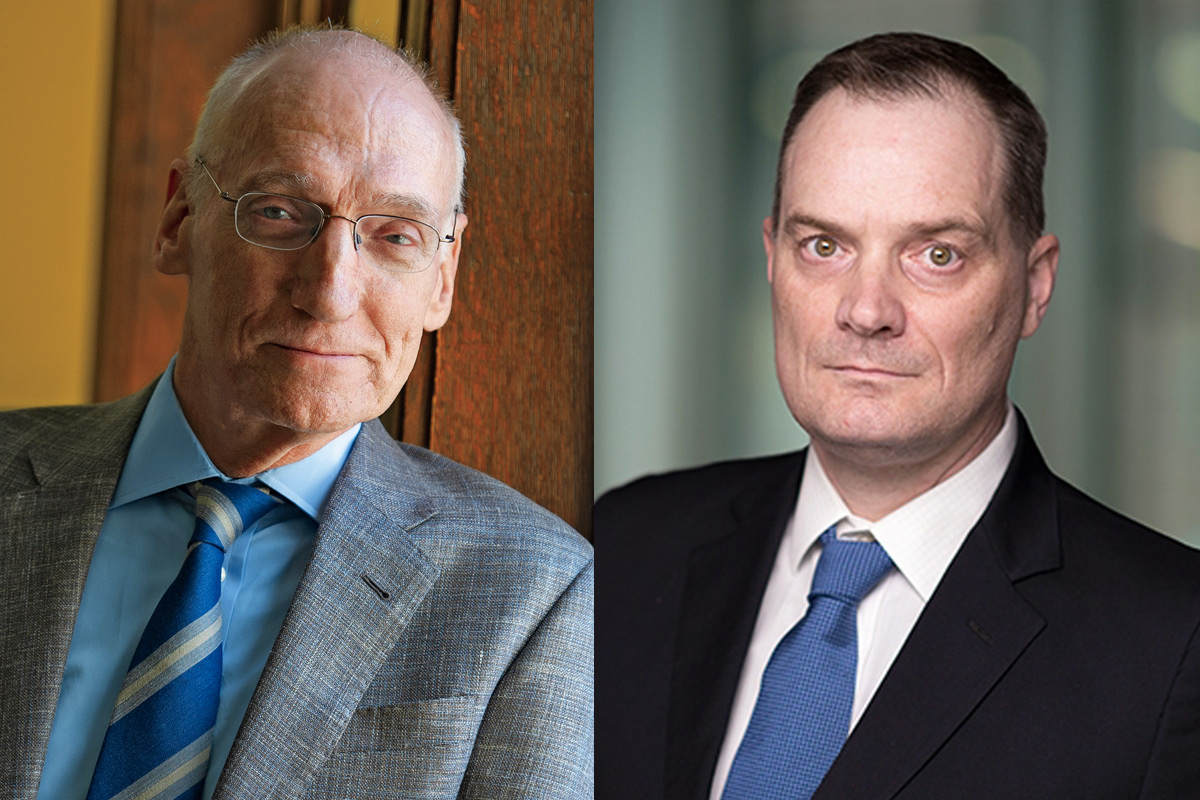American education has created a “false dichotomy” between academic learning and vocational learning. This flawed approach is poorly serving students with weaker academic skills, who are increasingly encouraged to pursue short-term, non-degree certificate programs that bring them only temporary financial gain at the expense of broader skills needed for careers in nearly all fields.
Those are among the conclusions that two leading education economists, Thomas Bailey and Clive Belfield, will share later this month, when they deliver the 2019 Distinguished Morton L. Mandel Annual Public Lecture of the American Academy of Arts and Sciences.
Bailey is the President of Teachers College, Columbia University, and the founder of the College’s Community College Research Center. Belfield is Professor of Economics at Queens College-CUNY. They will deliver the Mandel Lecture on Wednesday, October 30th at 6 p.m. at Teachers College in 179 Grace Dodge Hall. Their lecture, titled “The False Dichotomy between Academic Learning & Occupational Skills,” is based on an essay of the same title that they published in the Fall 2019 issue of Daedalus, the peer-reviewed journal of AAAS.
Prior to the Mandel Lecture, the issue's editors, Sandy Baum and Michael McPherson, will speak at an event in Cambridge that will be webcast live before the discussion in New York.
“As debt levels have risen and wages have stagnated, more students have questioned whether the benefits of college are too meager,” Bailey and Belfield write. “Many students enroll instead in programs designed more specifically to prepare them for work.”
But employers in all fields are demanding qualifications that include cognitive, writing, social and character skills. And community college graduates who earn associates’ degrees earn more money and advance further in their careers than students who obtain only short-term certificates.
Ultimately, Bailey and Belfield argue for what they call a “Gen-Tech framework” in which students initially accumulate a broad-based general education and then move to more specific vocational preparation for their chosen careers.
“All students need a solid foundation of general skills, and all students need some instruction in particular jobs or occupations that they aspire to,” the authors write. “Students will prosper most if, after a strong academic education, they are able to complete a vocational program with direct relevance to their intended work.”
Students at four-year bachelor degree-granting institution would benefit as well, the authors argue, citing a recent call by Harvard’s president for all undergraduates to undertake a field internship. Then again, as they point out, the education philosopher John Dewey made the same connection in 1944 in his book Democracy and Education: An Introduction to the Philosophy of Education:
“Many a teacher and author writes and argues in behalf of a cultural and humane education against the encroachments of a specialized practical education, without recognizing that his own education, which he calls liberal, has been mainly training for his own particular calling.”
